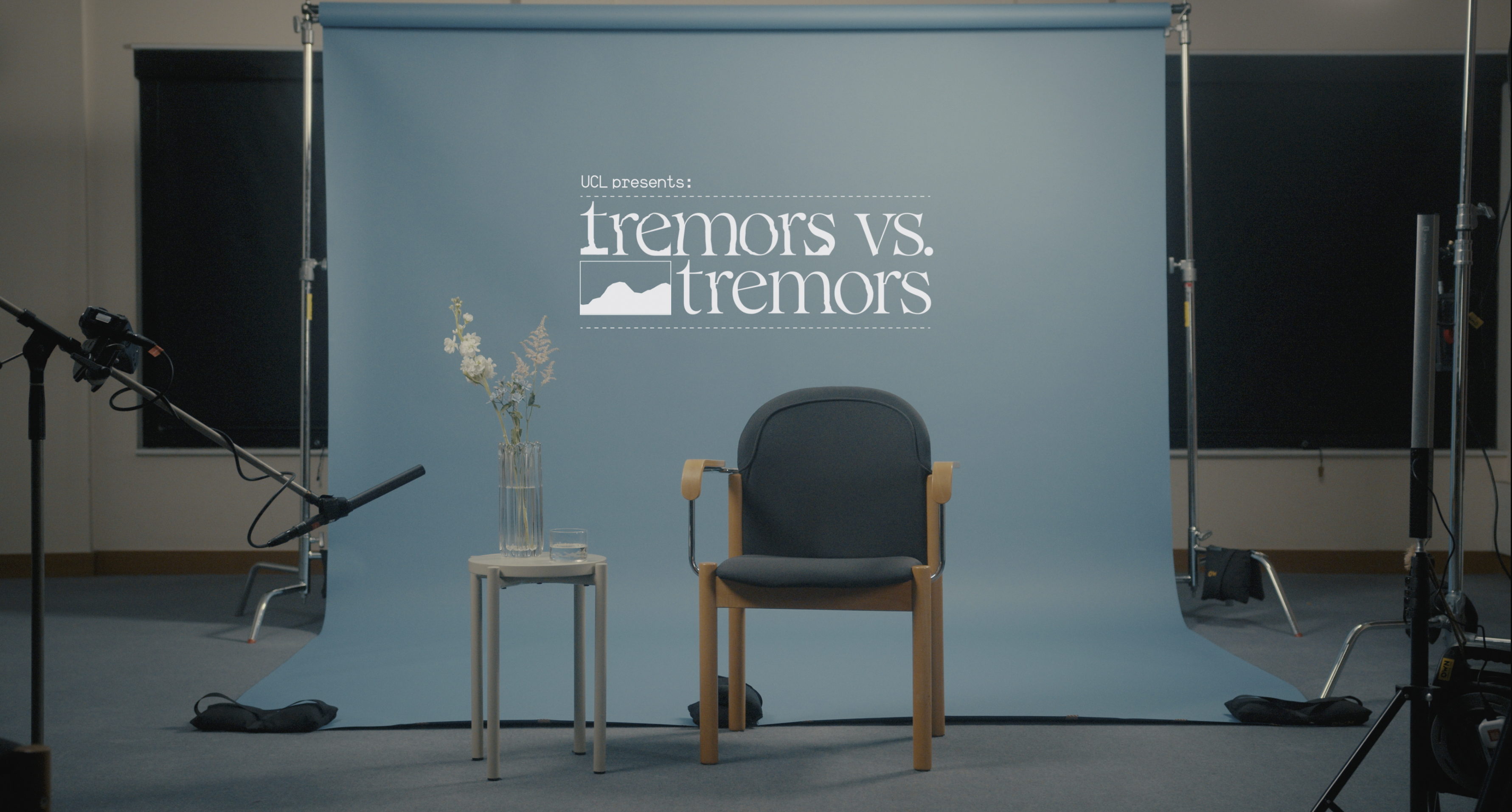2020 UCL World Stroke Day Forum transformed entirely online
This year, in response to COVID-19, the UCL World Stroke Day Forum transitioned into an online format, with a range of talks, live Q&As, workshops and informal events hosted by UCL researchers and charities.
The UCL World Stroke Day Forum aims to empower stroke survivors to contribute to and influence the future of stroke research and rehabilitation at UCL. Hosted by the Wellcome Centre for Human Neuroimaging, the Forum brings together stroke survivors, their carers and loved ones, researchers, clinicians and charity partners.
In response to COVID-19, this year’s event transitioned from the usual format of a one-day event in central London, to a week-long series of digital events, held over Monday 26th – Friday 30th October. Over 40 UCL researchers and clinicians, and six stroke charity partners hosted 30 free, interactive sessions over the course of the week, where they could discuss their latest work with attendees.
The pandemic has changed all of our ways of life, and while this impact is shown across society, it is clear that the recoveries of stroke survivors across the UK have been particularly negatively impacted. Unsurprisingly, this therefore became a focus of the Forum, and events included:
- an enlightening talk and Q&A on the Stroke Association report on the impact of the pandemic on stroke recoveries
- an online discussion about N-ROL, a telerehabilitation initiative, funded by SameYou, developed to enable neurorehabilitation to continue at home during the UK lockdown period
- descriptions of how charities like Different Strokes and Aphasia Reconnect have adapted their approach in the wake of COVID-19
- discussion of how fatigue is now more in the public eye due to the emergence of ‘long COVID’ and the hope that this will lead to more research funding and more widespread understanding of the impact of fatigue on lives.
Researchers, charity partners and attendees alike shared their enthusiasm about the flexibility to move the Forum online and the opportunities this provided. Attendees commented on the attention that was given to ensuring accessibility of the sessions, and as one researcher commented, the online format still enabled this community to be brought together: “One of the key benefits for me of doing the Forum is to get more personal contact with health professionals and patients.”
Cassandra Hugill, who led the Event team, said “We were so pleased to enable the Forum to go ahead this year in an entirely digital format. The Forum has always been an incredible chance for researchers and clinicians to meaningfully engage with the people they are trying to help. To be able to bring the event online and engage with more people across the UK has been a truly rewarding experience for all involved.”
All of the pre-recorded talks created for the Forum are still available online, along with aphasia-friendly transcripts. Click below to browse


